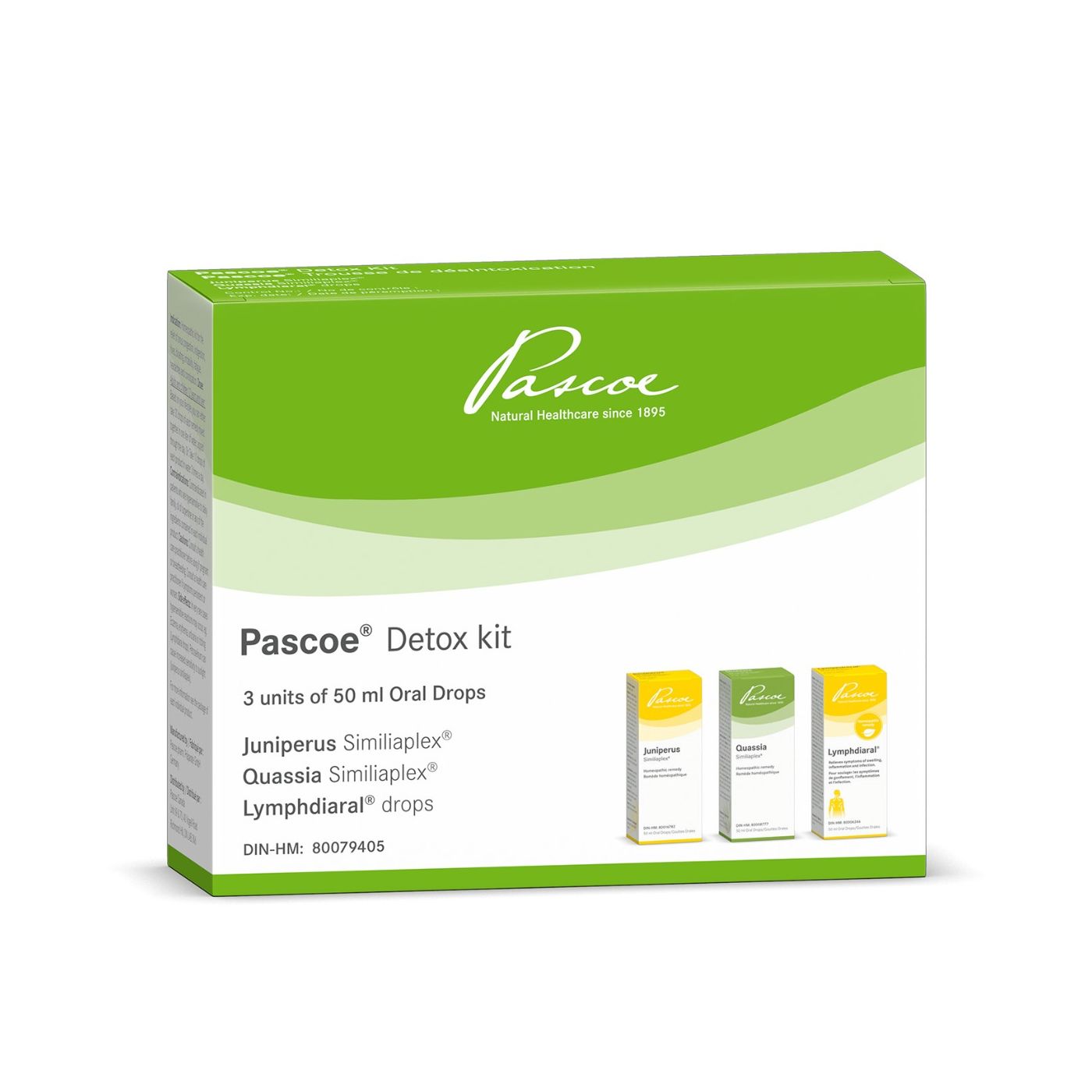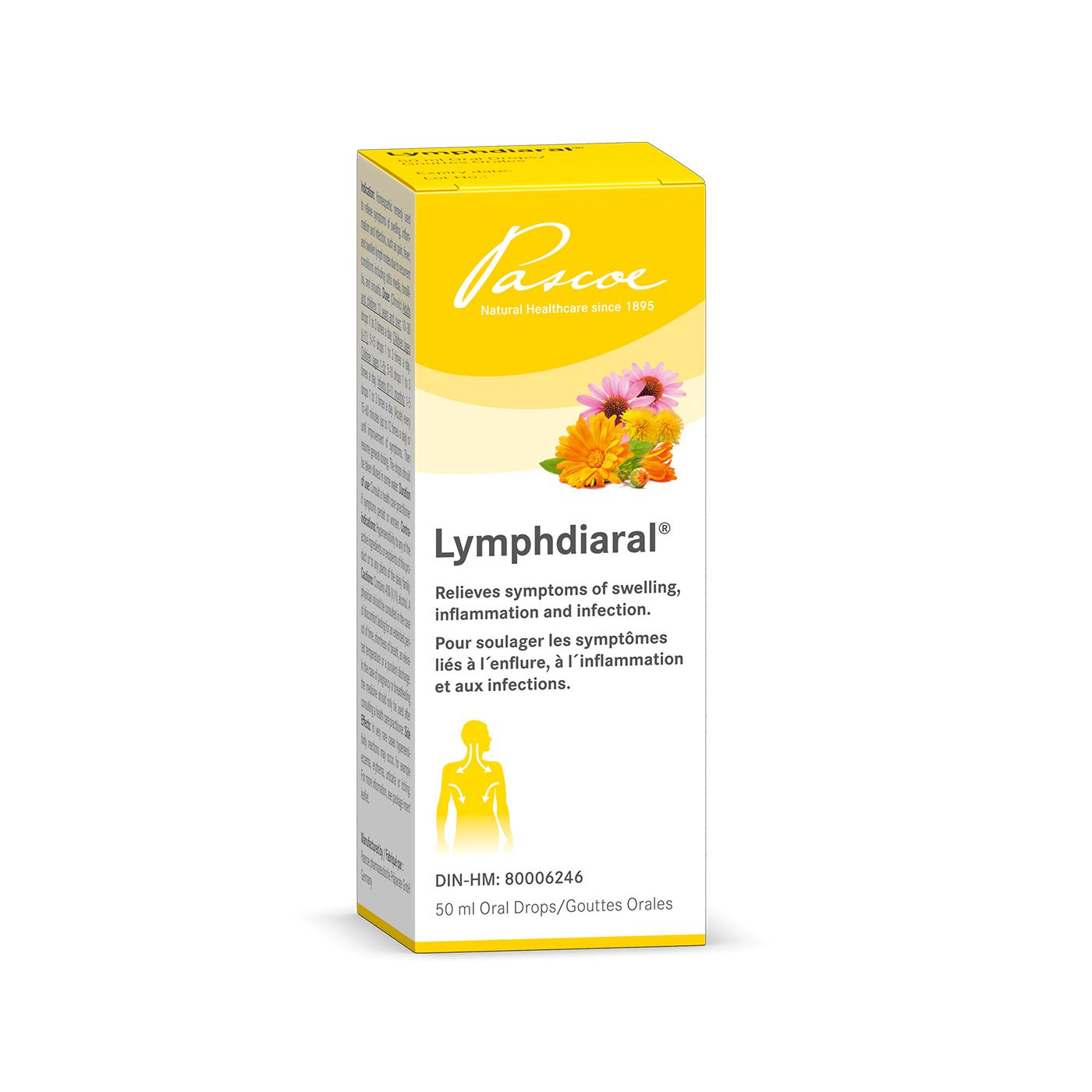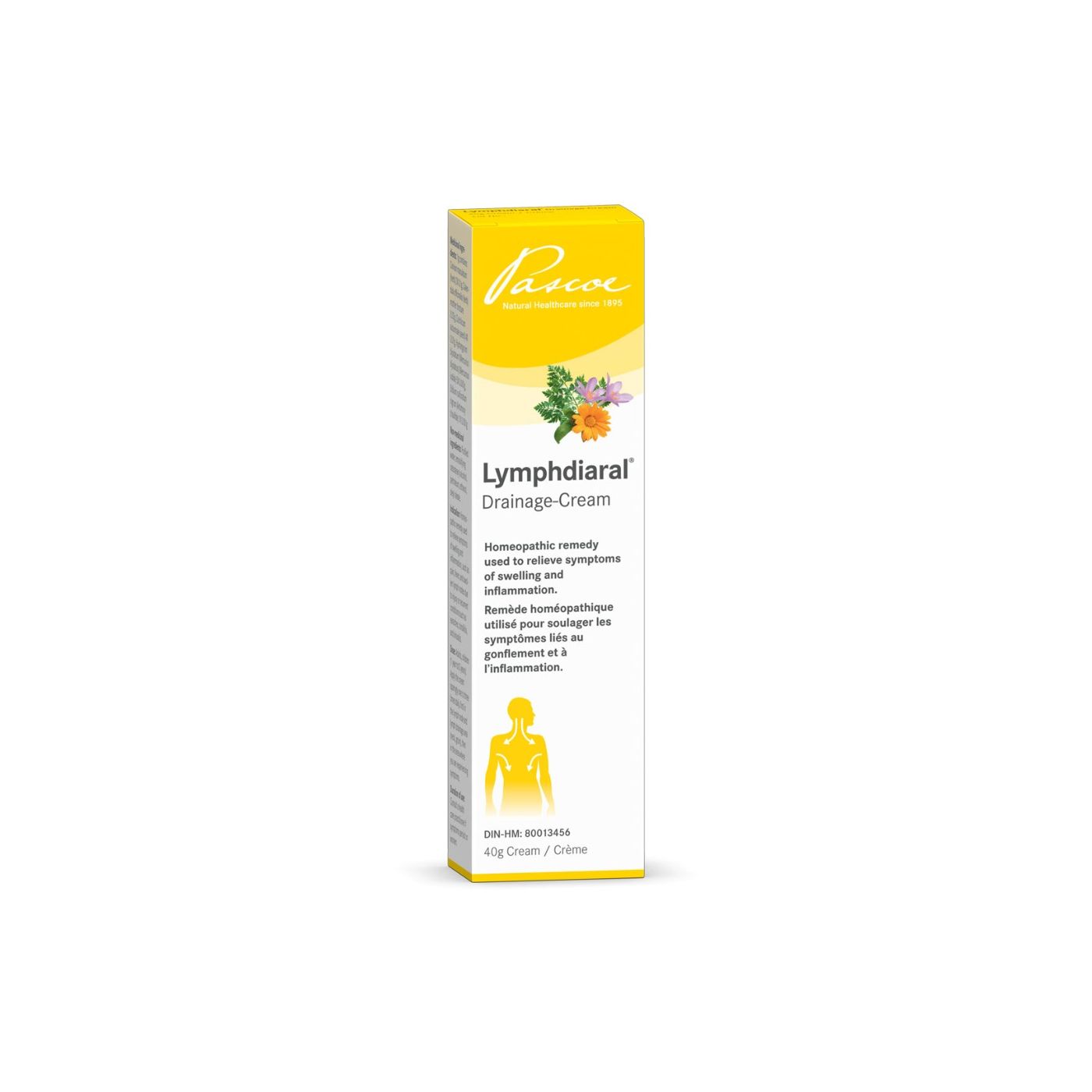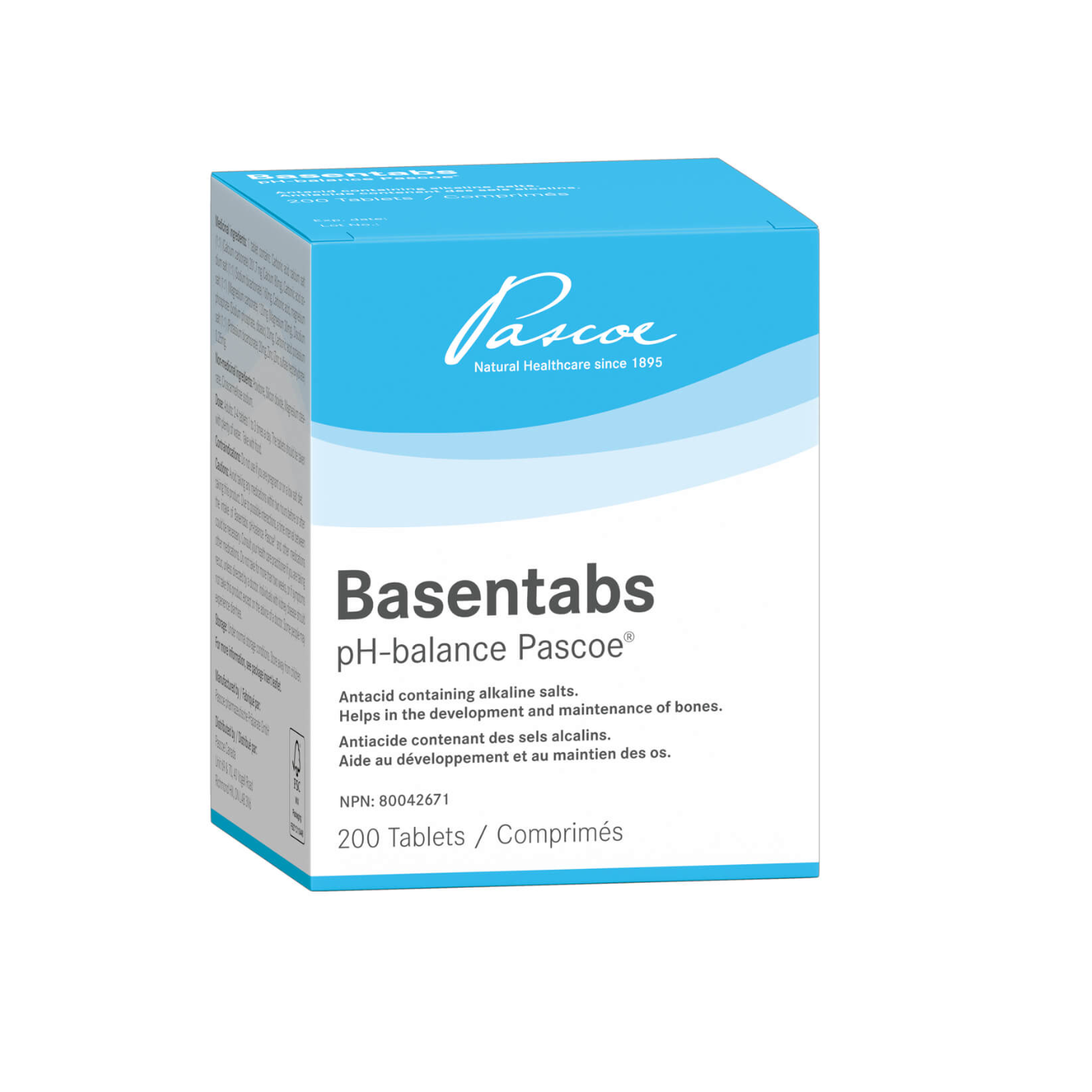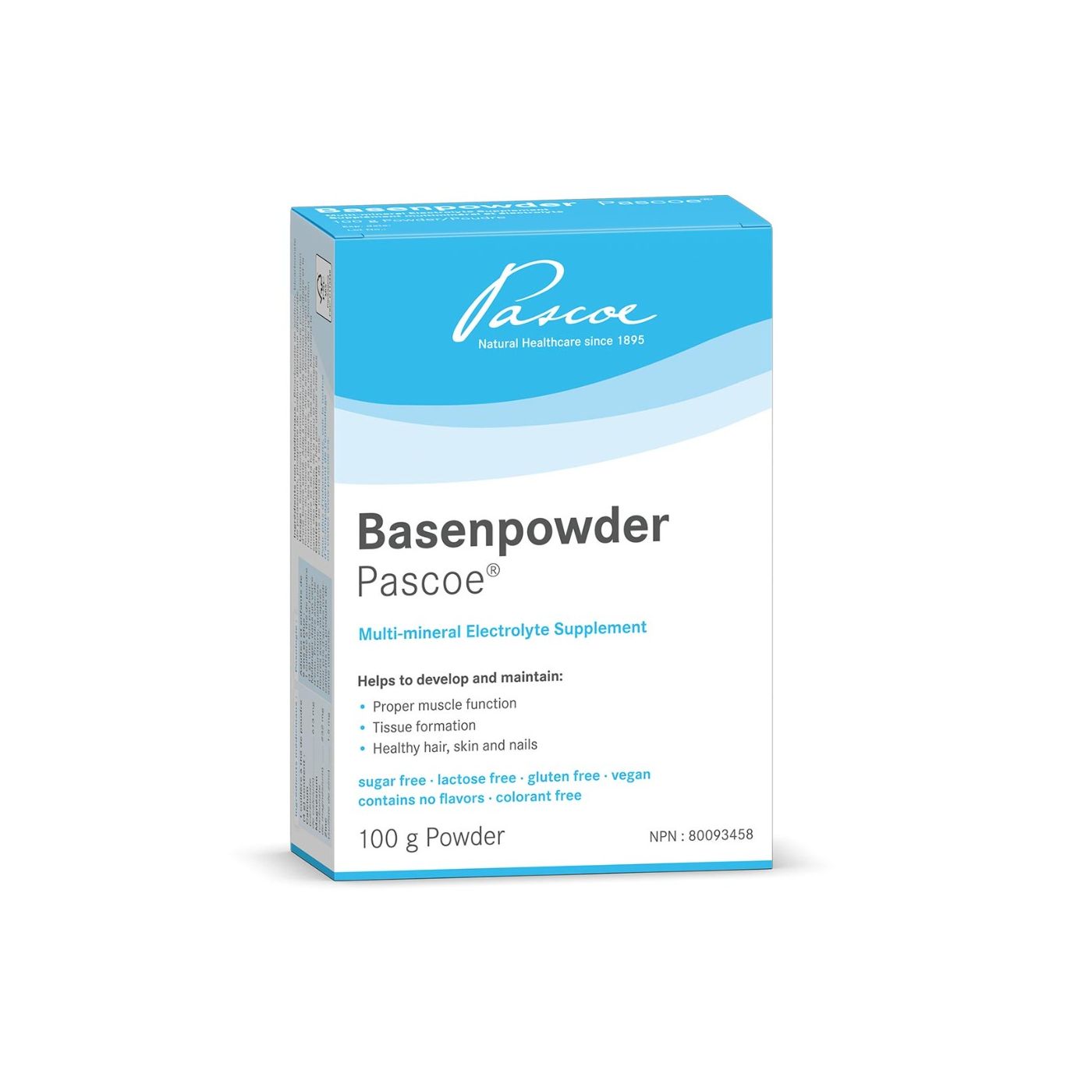Kidney Health: support one of your main excretory organs
Our body is a network of systems and organs that work together in order to process our food, circulate oxygen, filter wastes and many other necessary functions
In order to maintain overall health and reduce risk of disease the body is required to successfully eliminate wastes. This is known as detoxification.
Whoever wants to detox, should not only make toxins harmless but should also remove them from their body. One of the key ways to remove these harmful toxins is to keep our kidneys healthy.
Most people think of the liver when we discuss detoxing- and rightly so. The liver is the first place where our blood is detoxed. Most toxins in our body are unavoidable and released during necessary metabolic and cellular chemical reactions. Additional toxins also enter our body from our environment, our foods and pathogens.


The lymphatic system is another organ system involved in our body’s detoxification process. This system is generating more and more interest when it comes to clearing toxins, which is not very surprising as it is one of the many ways toxins as well as other unwanted materials are removed from cells and other organs. But our kidneys also have a great role when it comes to detoxing. The kidneys are the one of the organs responsible for finally removing the toxins out of the body.
We are not detoxing the body, But the body is detoxing us
It is very interesting that we always talk about ways to detox the body. I am detoxing my liver, which is something we say a lot, though it is the other way around and the liver is detoxing us.
The same goes for the lymphatic system and kidneys. The body detoxes us without us noticing or necessarily enforcing it. But like everything else in life, a little support goes a long way.
So there is the active and passive way we could support the body in its detoxification process. Passive, by not reducing or eliminating the intake of substances which usually hinder or slow down the detoxing; such as sugar, alcohol, over processed foods, environmental toxins, colouring, preservatives, cosmetics and so on.
Actively, we can encourage the process of detoxification, either by targeting the whole body or by choosing to support different systems or organs one by one. To help and support liver detox for example we can choose different traditional herbs such as milk thistle, or for the kidneys, dandelion.
Focus on the kidney: why should we support the kidneys?
An amazing amount of ca. 1500 litre of blood per day runs through our kidneys to be cleansed. In comparison: a bathtub normally contains about 120-150 litre of water.
To put it into perspective, our kidneys filter approximately 10 times the volume of a bathtub per day. From 1500 L of blood, 1.5 litre turns into urine, which also removes substances that the body has identified as harmful for us.
This is an astonishingly intelligent system as other substances that the body still needs and relies on are retained for the body to have access to. This includes water, amino acids, and electrolytes.
The Kidney’s job:
The kidneys are not only the excretion organs for our metabolic wastes and other foreign particles. They house our acid-base levels as well as our electrolytes, and water and help to regulate our blood pressure as well. Vitamin D is also activated in our kidneys and hormones such as erythropoietin are built here as well. Kidney dysfunction is when the kidney's job is not properly taken care of.
Lifestyle Choices and Foods for Kidney Health:
As we know our body is mainly made of water. As we constantly lose water, for example through sweating, we need to regain it through proper water intake. The best support to continue and have a functional and healthy kidneys is to hydrate properly, and not to drink when we get the first warning signals of being thirsty. That’s almost too late for the kidneys.
Adequate electrolyte levels is another important aspect of hydration and supporting your kidneys. Potassium levels, blood sugar and blood pressure are other factors that should be monitored for kidney health and can often be managed properly with a kidney friendly diet.
Other tips for kidney health:
- Consume less salt; salt leads to high blood pressure which taxes our kidneys
- Consume less alcohol
- Increase intake of vitamins and minerals including B Vitamins (B1, B2, B6, B12), folic acid, niacin and biotin
- Have a healthy weight; obesity is the leading cause of high blood pressure and diabetes which also affects the kidneys
- Detox at least twice a year
- Eat foods for healthy kidney health such as: cabbage, garlic, blueberries, cranberries, egg whites, sea bass, turnips, cauliflower, skinless chicken and buckwheat
- Consume healthy fats such as olive oil, coconut oil and avocados
- Include 20-30 minutes of physical activity daily into your routine
Healing botanicals and herbal remedies for kidney detox support:
There are a lot of plants that can have a positive effect on our kidneys. Asparagus, cucumber and cranberry, for example, have diuretic effects. Herbs such as horsetail, nettle, dandelion and birch leaves are known diuretics that have been traditionally used to help with bacterial infections such as UTIs (Urinary Tract Infections) by washing out the bacteria.
People with kidney disease or symptoms of kidney problems should consult their health care practitioner before taking any herbs, botanicals and vitamin and mineral supplements.

